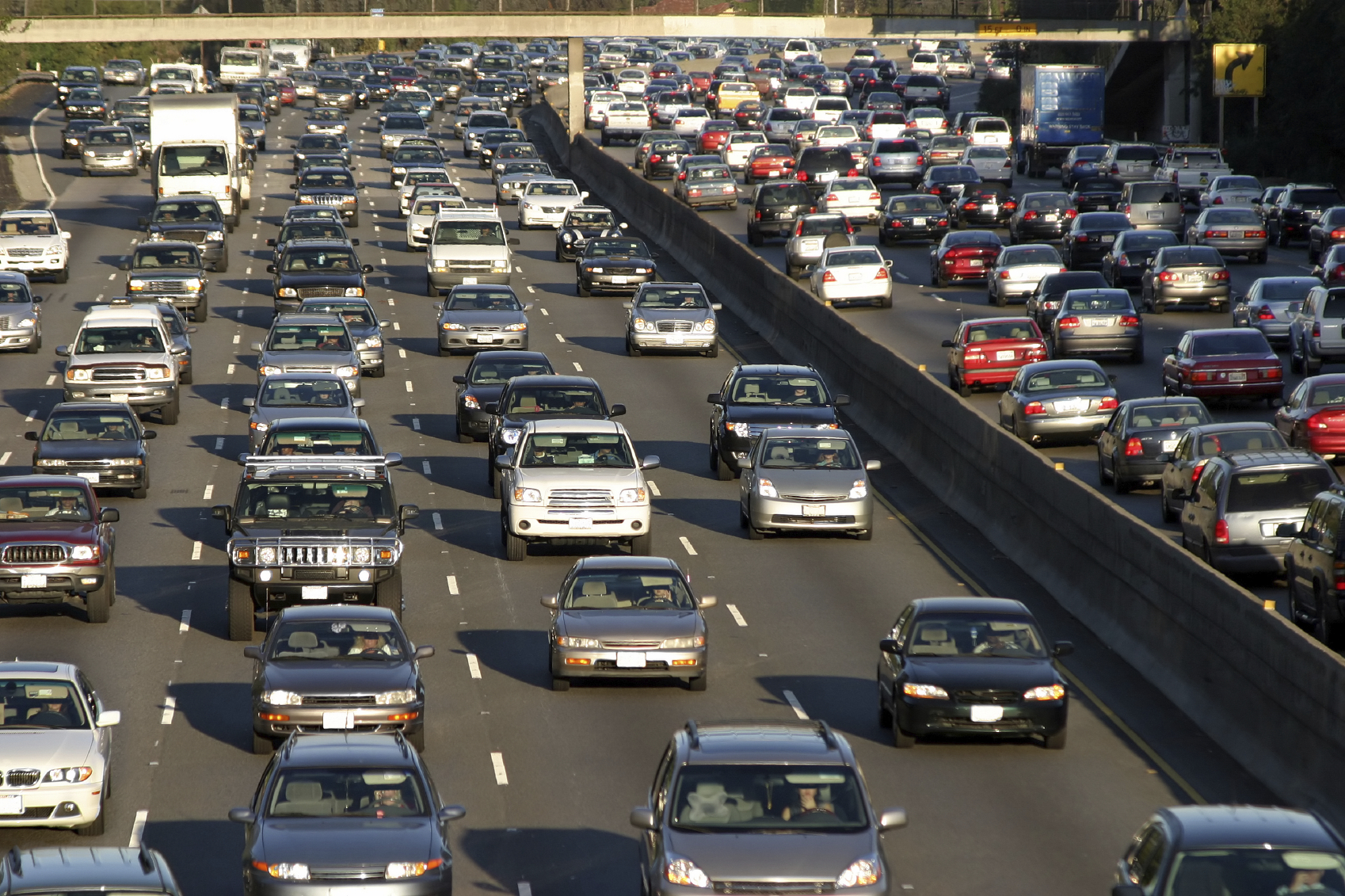Report: The DEA is spying on millions of U.S. cars


A free daily email with the biggest news stories of the day – and the best features from TheWeek.com
You are now subscribed
Your newsletter sign-up was successful
Since 2008, the Drug Enforcement Administration has been secretly compiling a Justice Department database of millions of U.S. license plates and tracking the associated cars through a network of license plate readers, The Wall Street Journal reported on Monday night, citing "current and former officials and government documents." The program started as a means to seize drugs and other contraband near the U.S.-Mexico border — a part of the program the DEA had previously acknowledged — but it has expanded nationwide. How does it work? The Journal explains:
The DEA program collects data about vehicle movements, including time, direction, and location, from high-tech cameras placed strategically on major highways. Many devices also record visual images of drivers and passengers, which are sometimes clear enough for investigators to confirm identities, according to DEA documents and people familiar with the program. [Wall Street Journal]
As of 2011, the DEA had 100 such cameras around the country, but the agency also uses state-operated license-plate readers — and lets some state and local law enforcement agencies tap the database, run from the DEA's El Paso Intelligence Center in Texas. The formerly secret program "raises significant privacy concerns," says Sen. Patrick Leahy (D-Vt.). "The fact that this intrusive technology is potentially being used to expand the reach of the government's asset-forfeiture efforts is of even greater concern." Read more about the surveillance program at The Wall Street Journal.
A free daily email with the biggest news stories of the day – and the best features from TheWeek.com
The Week
Escape your echo chamber. Get the facts behind the news, plus analysis from multiple perspectives.

Sign up for The Week's Free Newsletters
From our morning news briefing to a weekly Good News Newsletter, get the best of The Week delivered directly to your inbox.
From our morning news briefing to a weekly Good News Newsletter, get the best of The Week delivered directly to your inbox.
Peter has worked as a news and culture writer and editor at The Week since the site's launch in 2008. He covers politics, world affairs, religion and cultural currents. His journalism career began as a copy editor at a financial newswire and has included editorial positions at The New York Times Magazine, Facts on File, and Oregon State University.
-
 6 of the world’s most accessible destinations
6 of the world’s most accessible destinationsThe Week Recommends Experience all of Berlin, Singapore and Sydney
-
 How the FCC’s ‘equal time’ rule works
How the FCC’s ‘equal time’ rule worksIn the Spotlight The law is at the heart of the Colbert-CBS conflict
-
 What is the endgame in the DHS shutdown?
What is the endgame in the DHS shutdown?Today’s Big Question Democrats want to rein in ICE’s immigration crackdown
-
 Nobody seems surprised Wagner's Prigozhin died under suspicious circumstances
Nobody seems surprised Wagner's Prigozhin died under suspicious circumstancesSpeed Read
-
 Western mountain climbers allegedly left Pakistani porter to die on K2
Western mountain climbers allegedly left Pakistani porter to die on K2Speed Read
-
 'Circular saw blades' divide controversial Rio Grande buoys installed by Texas governor
'Circular saw blades' divide controversial Rio Grande buoys installed by Texas governorSpeed Read
-
 Los Angeles city workers stage 1-day walkout over labor conditions
Los Angeles city workers stage 1-day walkout over labor conditionsSpeed Read
-
 Mega Millions jackpot climbs to an estimated $1.55 billion
Mega Millions jackpot climbs to an estimated $1.55 billionSpeed Read
-
 Bangladesh dealing with worst dengue fever outbreak on record
Bangladesh dealing with worst dengue fever outbreak on recordSpeed Read
-
 Glacial outburst flooding in Juneau destroys homes
Glacial outburst flooding in Juneau destroys homesSpeed Read
-
 Scotland seeking 'monster hunters' to search for fabled Loch Ness creature
Scotland seeking 'monster hunters' to search for fabled Loch Ness creatureSpeed Read
